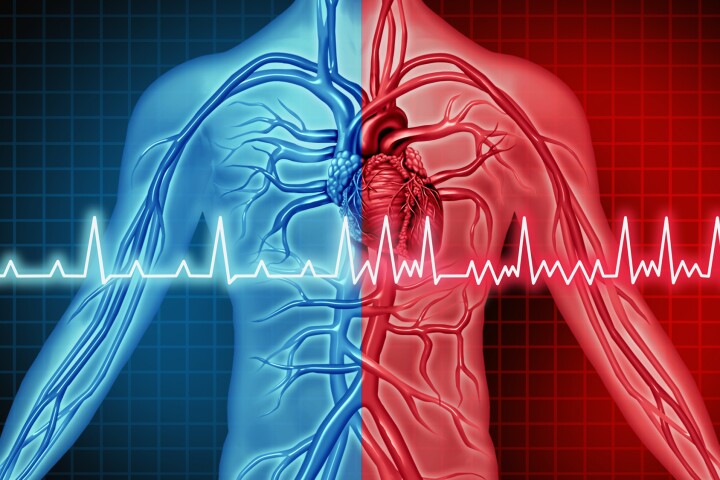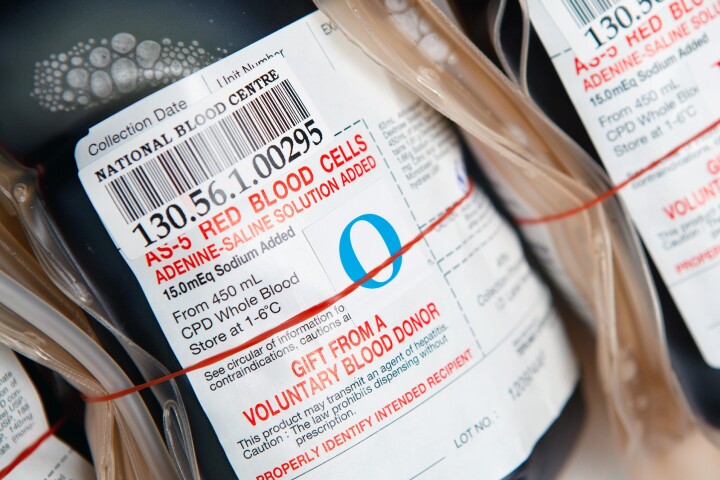Some day, perhaps soon, it's possible that your smartphone could stop you from shutting yourself off from the world, or turning to illicit substances to deal with the stresses of life. Two separate studies are currently under way, looking at how smartphone-enabled technologies could be used to monitor peoples' levels of stress or depression, and then take action to keep them from making the wrong choices.
At the University of Massachusetts Medical School, Edward Boyer is leading a team that's developing a system called iHeal.
Intended for people with a history of substance abuse or who are suffering from post-traumatic stress disorder, iHeal incorporates biosensors built into a wristband. These sensors measure factors such as body motion, electrical activity of the skin, heart rate, and skin temperature.
That information is sent to the user's smartphone, which is running an app that analyzes the data, in order to determine if the wearer is experiencing stress or arousal. If it determines that they are, it then proceeds to ask them to provide information on their current activity, perceived level of stress, and intensity of drug cravings.
In this way, a user profile can be established, identifying what sort of situations put the user at the greatest risk of turning to drugs. The app is also able to recognize when the physical signs associated with these situations recur, at which point it warns the user of the danger they're facing, via a personalized multimedia message.

Over at Chicago's Northwestern University, meanwhile, scientists from the Feinberg School of Medicine are developing Mobilyze!, an app designed to combat depression.
A smartphone running the app uses its GPS to determine if the user is staying at home for longer than normal (based on a previously-observed pattern of behavior), while using its accelerometer to gauge if their physical activity level has declined. It also takes note if the frequency of their emails or phone calls decreases.
If the app determines that the user is sitting at home, being a solitary couch potato, it prompts them to get in touch with family or friends. Although the system is still a work in progress, it apparently did reduce users' symptoms of depression, in a small pilot study.
"By prompting people to increase behaviors that are pleasurable or rewarding, we believe that Mobilyze! will improve mood," said psychologist David Mohr. "It creates a positive feedback loop. Someone is encouraged to see friends, then enjoys himself and wants to do it again. Ruminating alone at home has the opposite effect and causes a downward spiral."
Sources: Springer Publishing, Northwestern University





